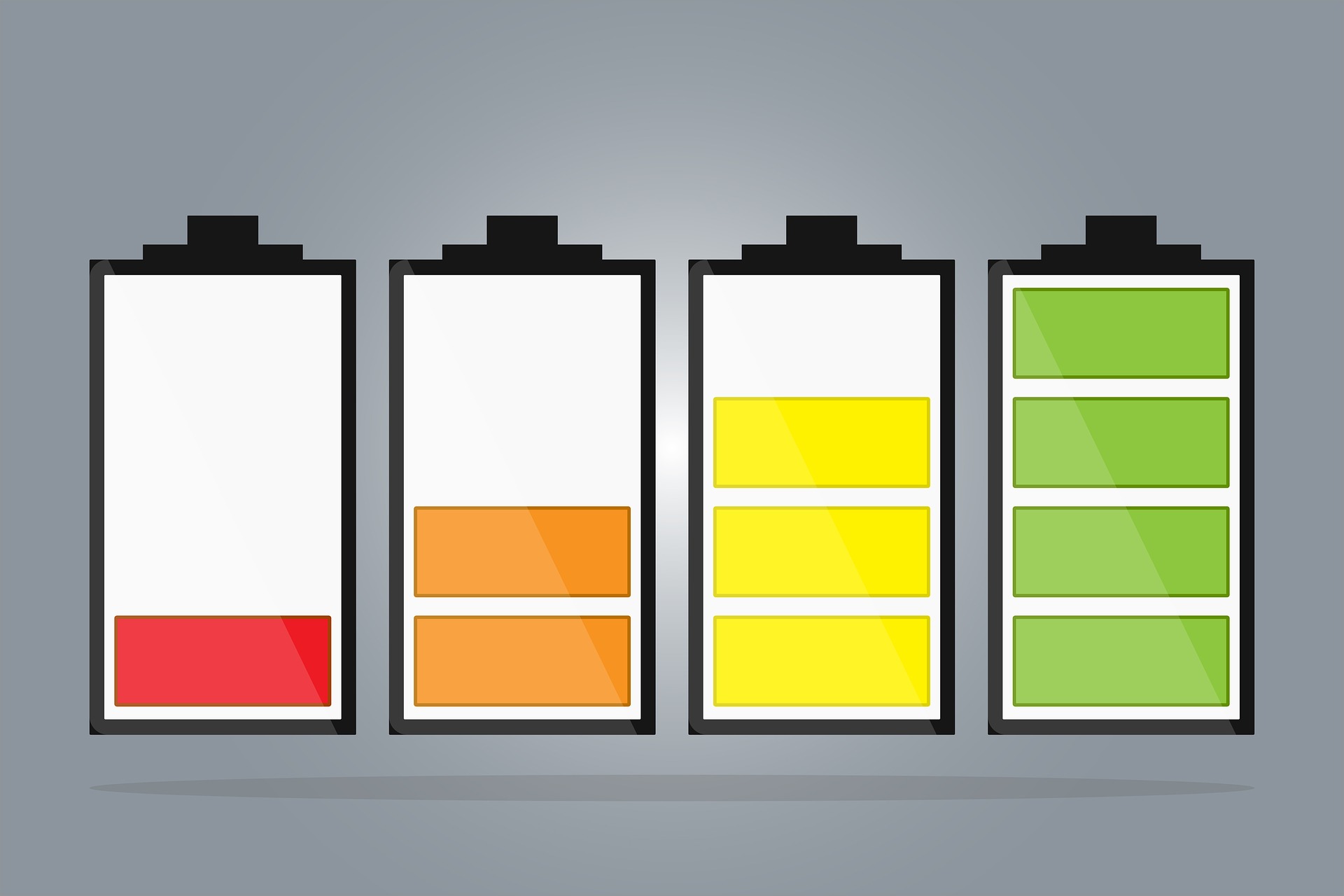News release
From:
Technology: Robotics and AI system could speed up battery development
A method that combines robotics and artificial intelligence (AI) to identify the optimal formulation of the non-aqueous liquid electrolyte solution of a lithium-ion battery is reported in a paper published in Nature Communications. This research could accelerate the development of rechargeable batteries with better functionality, such as faster charging and longer life.
Developing high-performance battery technology is essential for advancing the electrification of transport and aviation. Conventional techniques to discover lithium-ion battery components are time-consuming due to the need for experimentation with many possible material choices and can take years to develop. It has been proposed that one way to accelerate this process is by coupling AI and robots to discover optimized battery components.
Venkat Viswanathan, Jay Whitacre and colleagues designed a robotics platform named ‘Clio’ and combined this with an AI called ‘Dragonfly’. Using these tools, they demonstrate that the system is able to autonomously identify highly conductive non-aqueous lithium-ion battery electrolyte formulations in two working days. They indicate that their approach enables six-times faster electrolyte discovery compared to a random search. The authors tested the electrolyte formulations in commercially-relevant lithium-ion pouch cells to demonstrate fast-charging battery performance against a baseline experiment with a conventional electrolyte composition.
The authors conclude their work can aid the development of high-performance rechargeable batteries and could have implications for energy applications and material science more generally.



 International
International


